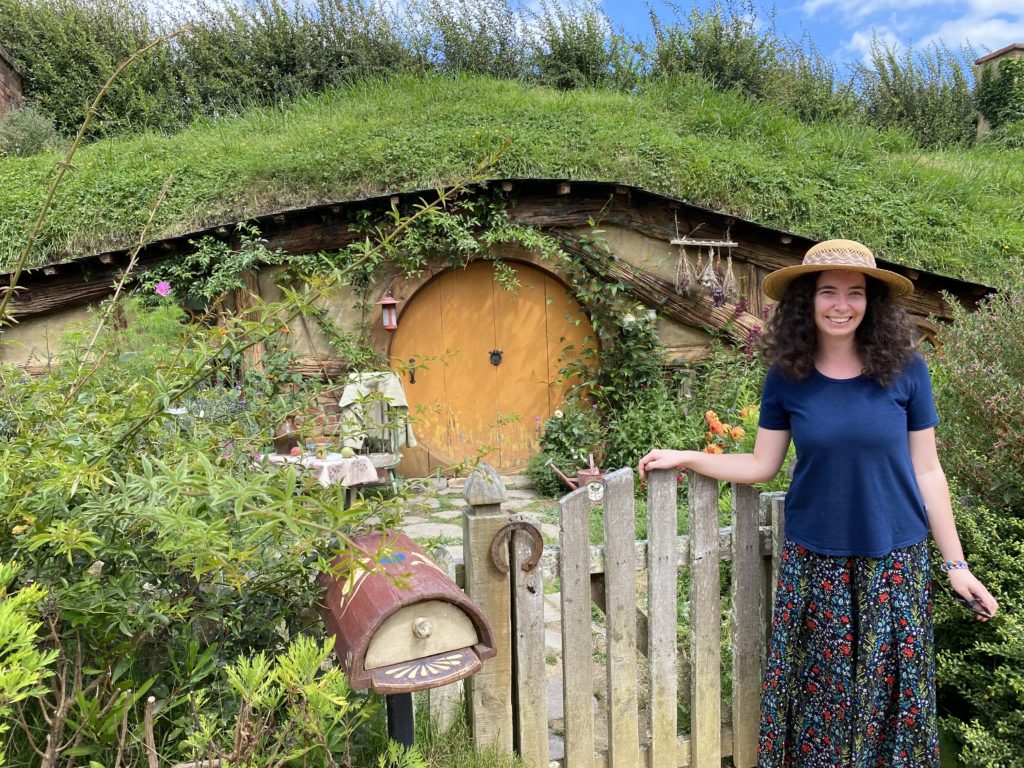
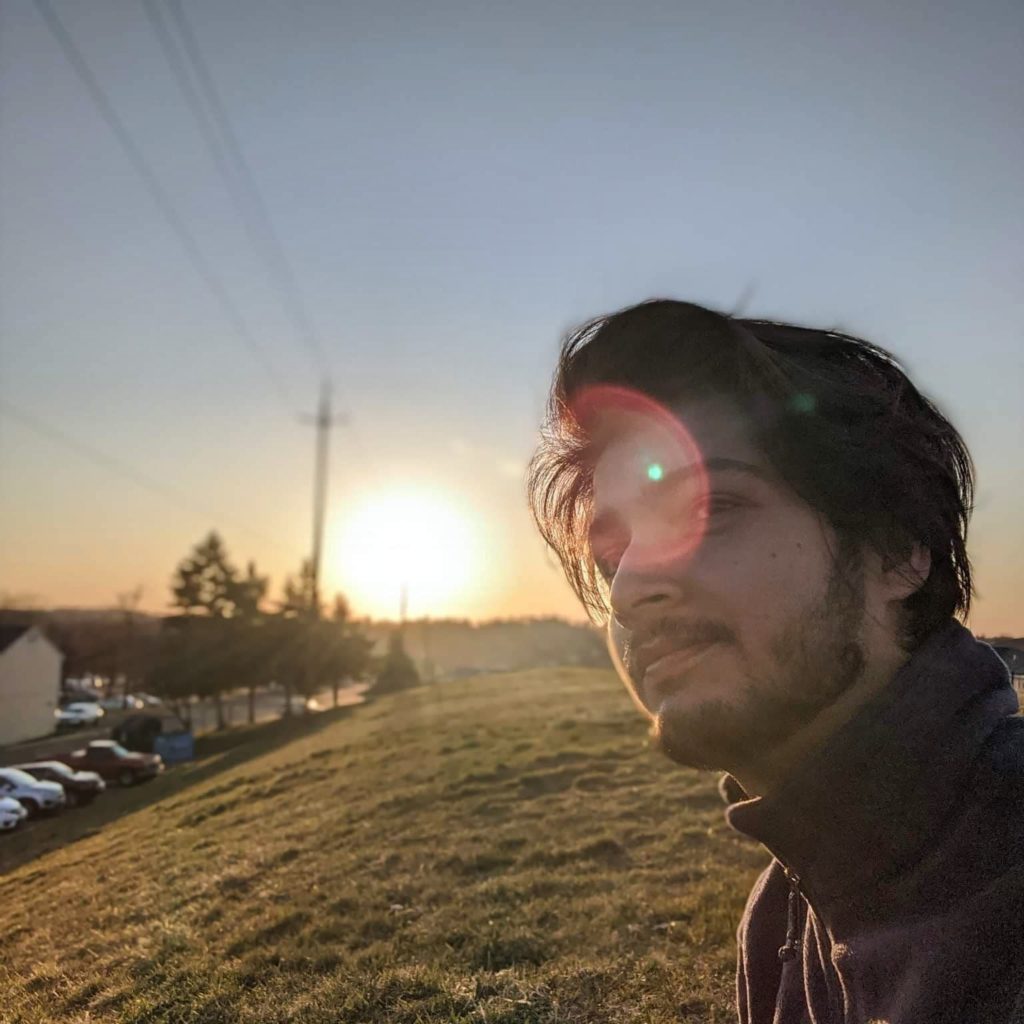

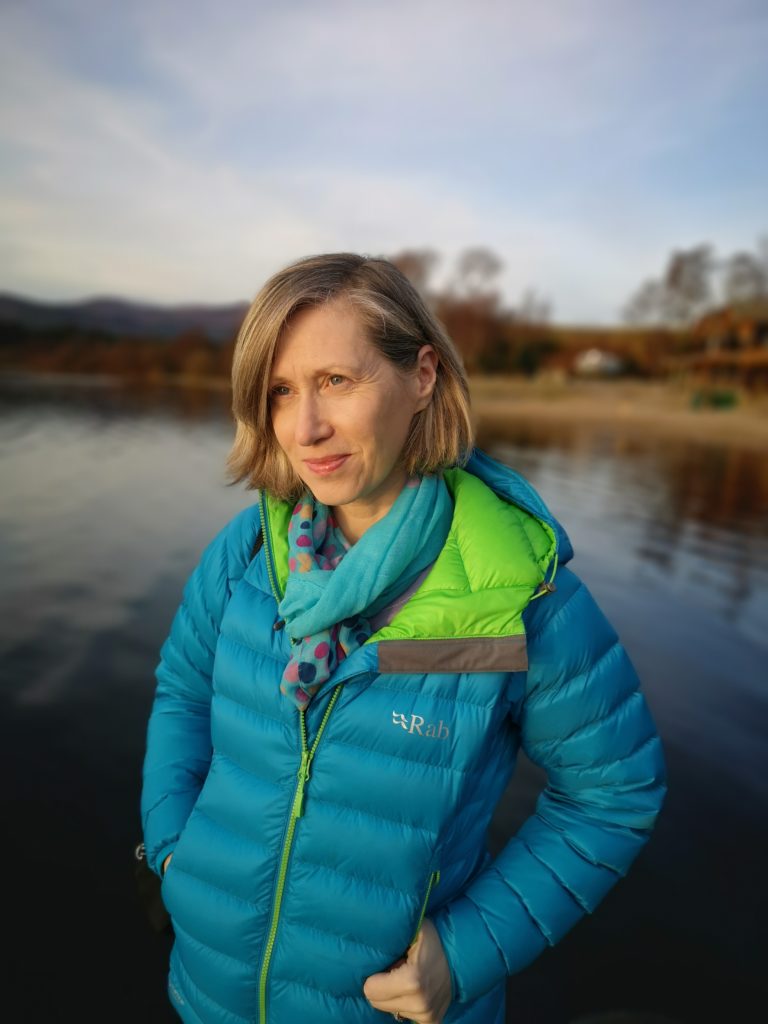
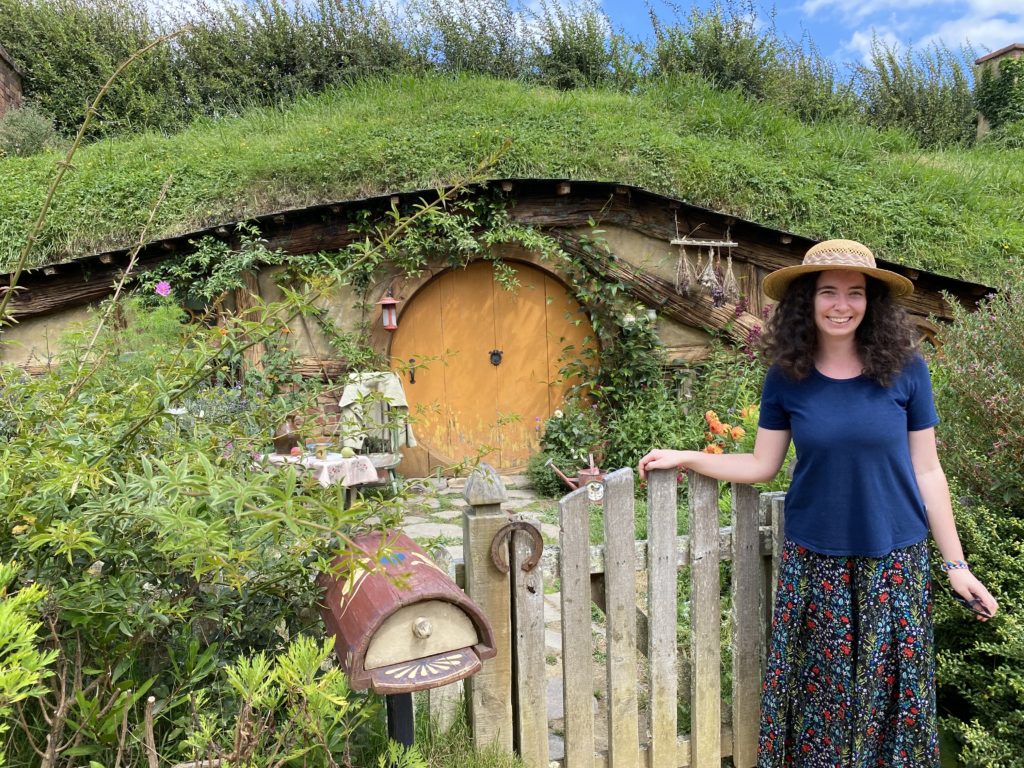
MIST AND MOUNTAIN POETRY PRIZE 2023
SHORTLISTED POEMS
1. Alexandra Giffin(US) – When the hummingbirds fly south
2. Bikal Pudasaini(Nepal) – When I was Eleven
3. Dorothy Baird(UK) – Memories are lonely things to carry alone
4. Karen Hodgson Pryce(UK) – The Hare’s Eye
5. Alice Fairley( New Zealand) – White Fish
WHEN THE HUMMINGBIRDS FLY SOUTH - ALEXANDRA GIFFIN(US) When the hummingbirds fly south it feels like high noon, trees dressed in green gleaming bright and full of life, dancing clouds across an aimless sky I wonder why they’ve gone so soon, back in time where flowers bloom in winter, I think fondly of you and time stands still as I sip memories from my cup, in the North Country August lifts her veil to the Harvest moon, empty rooms flood with autumn light, I smile at the way you left to rest in eternal summer on the wings of a hummingbird. Alexandra Giffin draws inspiration from nature to connect more deeply with her own seasons of life. Her poetry reflects on themes of love, longing loss and belonging; contrasting our human experiences with the rhythms and cycles of the earth. Originally from Colorado, she now resides in the Pacific Northwest, tucked into the beautiful Cascade mountains near Mt Baker, Washington.
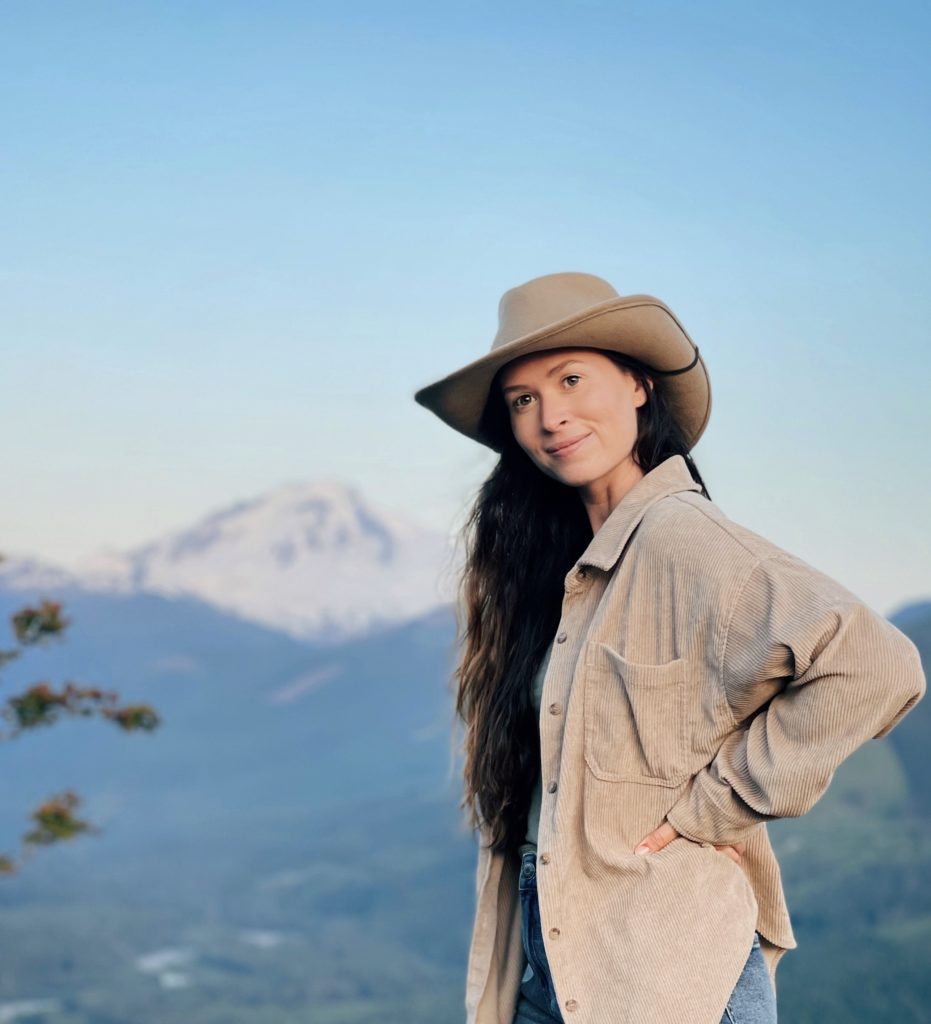
WHEN I WAS ELEVEN - BIKAL PUDASAINI(NEPAL) His hands were cold, As were his thoughts, One hand slipping through my skirt, The other through my back. I was just eleven, he, thirty-eight, I guess I was old enough for him, For his teeth to nip my ears, And his tongue to taste my face. Frozen, I just sat next to him on the sofa, As he wrapped his hand around my shoulders, Trying to feel my chest from my tees, Only to touch my scared heart underneath. I barely recall anything from when I was eleven, But the memory from him, as vivid as waters of heaven, Now he is in his sixties, lost to dementia's sway, Forgetting his name and the world, day by day. He sometimes visits our home with his granddaughter, just ten, And when he gazes at me like a vulture, I am beyond question; he retrieves that long-ago day, For his eyes still have lust, to a memory when I was eleven. Bikal Pudasaini works as an engineer at Dominion Energy in Richmond, Virginia, USA. He was born and raised in the lap of the Himalayas of Nepal. Reading books inspires him to write, and he dreams of writing a book. He wants his life to be an adventure. His favorite book is “The Brothers Karamazov’ by Fyodor Dostoevsky.
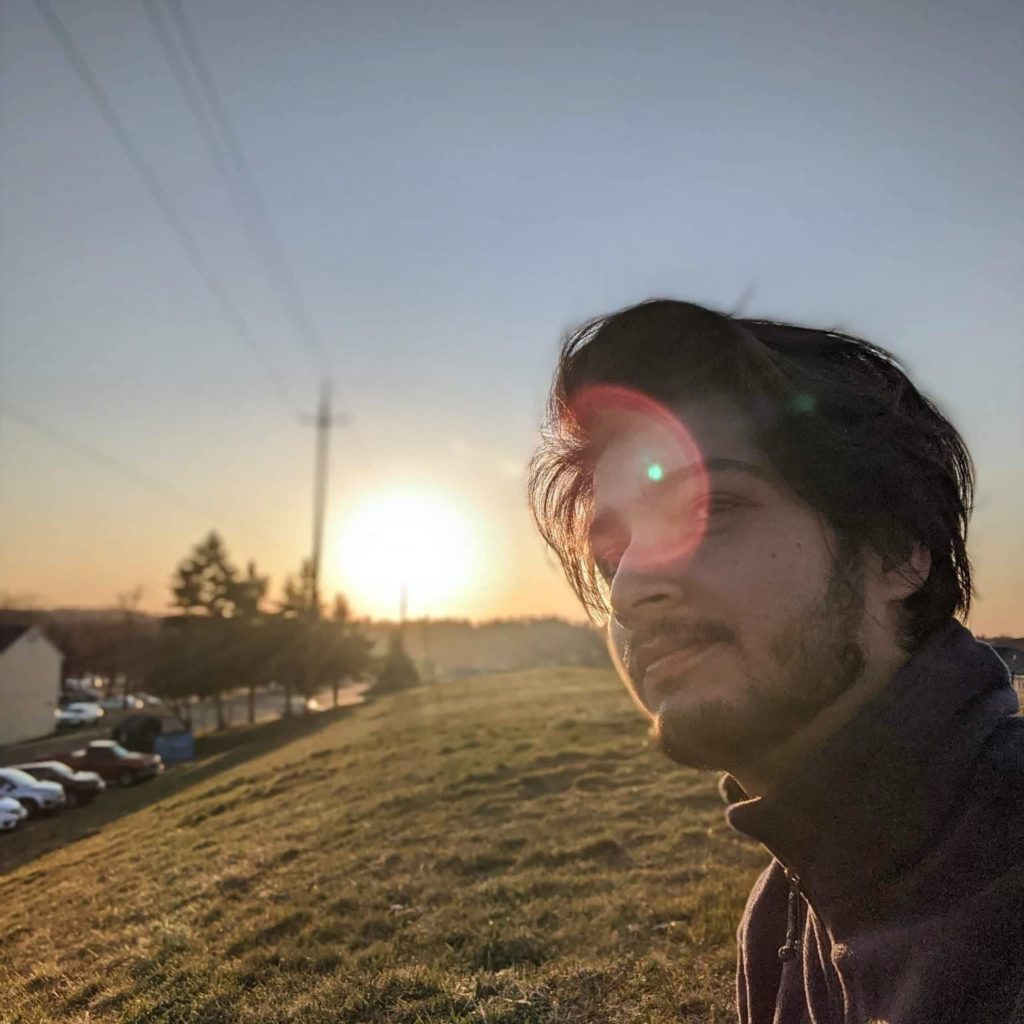
MEMORIES ARE LONELY THINGS TO CARRY ALONE - DOROTHY BAIRD(UK) Because the back garden was full of my mother weeding, digging, hanging out washing; and my sister quacking after her like a wee duckling, I made the front of the house my home and crawled inside the rhododendron bush to make tea with my pale blue tea-set on the tablecloth of dry ground listening to the roll-by of a seldom car or the patter of rain on its broad leaved roof. Forty years later, the rhododendron has gone and the place shrunk to a tiny patch of grass. I mind again the open weave of branches doming round me, the sticky sap of purple buds and wish in its depths, like in mine, lay some ancient inch of root that remembers its existence or some lost bone of bird that once perched on its trellis and watched a small girl chink cups and, hopeful for a crumb, remain. Dorothy lives on the edge of Edinburgh close to the Pentland hills. She works as a therapist and writing tutor and has two collections of poetry published (Leaving the Nest - Two Ravens Press and Mind the Gap - Indigo Dreams Publishing). Her work has appeared in magazines and anthologies and been shortlisted in competitions. She is currently working on her next collection. Her website is: www.dorothybaird.com

THE HARE’S EYE - KAREN HODGSON PRYCE(UK) Running the Burma Road Without stopping, but slow enough to marvel at the bends. The dependable curves and straights. A single dip that cuts the last cluster of trees. I know this road. Not like you know it. The stonechats in your lens and the favourite ditch of the dragonfly. I know its ruptured roots, its tucked culverts. The slide of its gravelly skin on a dry day like ball-bearings underfoot. I measure the passing years by the time it takes to reach the crest, the sky. I go for the sky. You for the hare. Its yawn, its stretch and scratch. Its vigil in the fold. You go for the fold. Layer upon layer of season. A rainbowed April dawn, a claggy May evening. January snowdrifts and vapour-chased dunes. But it is that one sunny winter day that I think about most often. When the road was full of ghosts releasing their white sheets, letting them fall to the ground. Like the trees and the sun couldn’t believe how clever, how astonishing they were when they worked together. How the snow fell in great bursts of steaming powder. The fence exploded at the slightest tremor leaving the taut wires slick and glistening. The weight of the snow, the strength of the branch, the angle of the sun, the speed of the melt, collaborated in a mind-boggling display of intent. Of stunning reveal. And how I turned this way and that to catch the sheet slip from the ghost. How it mocked me, but still I spun at the creak, the crash, the whoosh. Showers of bright sugar. A dazzling curtained peek-a-boo. When I sit at home I wonder what the trees are doing, what magic is occurring in my absence. I think that maybe this is what the end of the world will really be like. Not the starved scavenging by a hot dusty road, but the trees and the snow, the sun and the birds going about their business, being fascinating, dangerous and ordinary. And in the hare’s eye a haunting, of what it was like when we were here. Karen Hodgson Pryce lives in Aviemore, Scotland. She had taught English to Speakers of other Languages for over twenty years. When not reading and writing poetry, she spends her time loch swimming, trail running and hill-walking all over the Scottish Highlands. Her poetry has appeared in Mslexia, Lighthouse, Northwords Now, Black Bough Poetry, The Poets’ Republic, Butcher’s Dog and Ink, Sweat & Tears. It is also in numerous anthologies such as Landfall (New Voices Press), Shared Stories: A year in the Cairngorms and Bloody Amazing, which won the Saboteur Award for Best Poetry Anthology 2021. She won 3rd Prize in the Café Writers Open Poetry Competition, 2019. which was judged by Zaffar Kunial.
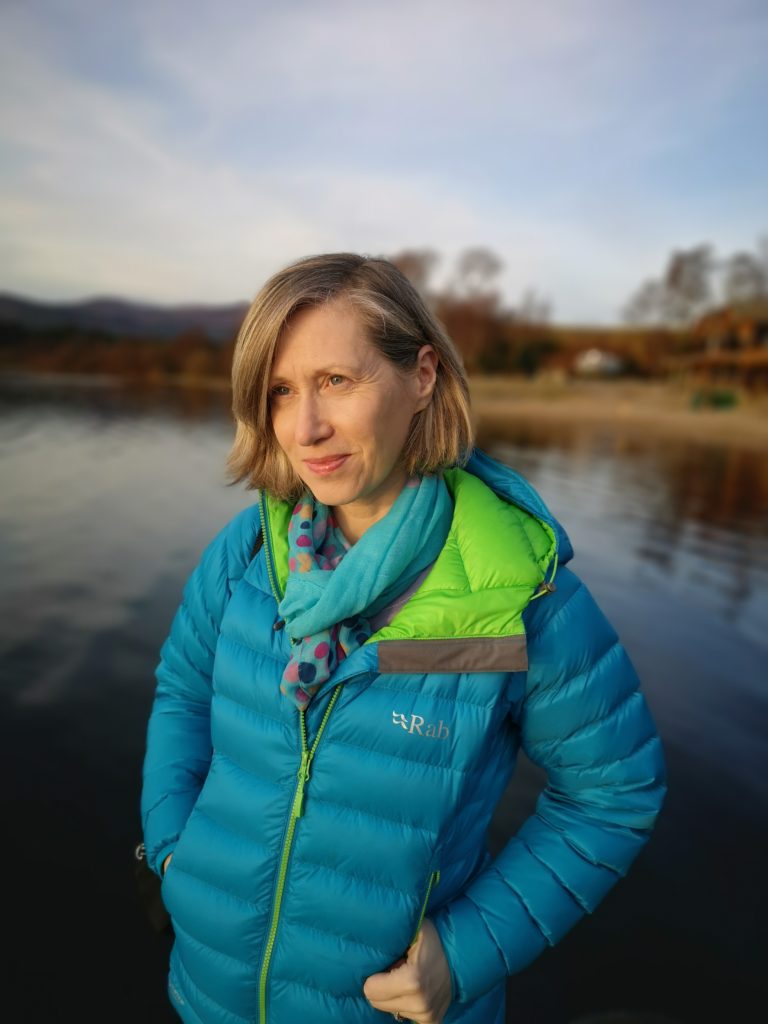
WHITE FISH - ALICE FAIRLEY(NEW ZEALAND) Some people say you can’t see the future. I disagree. After nine years I could see our future so clearly, like the reflection of the liquid amber branches in the pond down the street from our house. The tree you visited when the world was too much for you, which was always. Those white fish that flitted between mirrored leaves, visible only as flashes. slippery as memories and the hope I held for too many years, their scales struck by the afternoon sun and then vanishing. There just long enough that I would wait, yearning to see one more. In the cold the leaves dislodged themselves from their homes and tumbled into the water, which carried their brown crumbling bodies downstream, while I caught the sharp winter fruit in my hands and crushed them, wondering if my skin would break or if I would prove stronger than that. I thought of you often under the bare branches of that tree, thought of you more than I ever thought of myself. I stared into the black water and I knew it would be like that always. Always, unless I tore my eyes away from the white fish and the carcasses of fallen leaves. Foresight is not witchcraft, it is simply knowing that the white fish of memory are only obscuring what is really there: a dark pool, too deep to know the bottom, upon which a tree is reflected, changing only as much as it must, and never so much that it becomes something else. ALICE FAIRLEY Alice Fairley is a writer based in Whangārei, New Zealand. She is currently completing a diploma in creative writing through NorthTec Te Pūkenga. When life gives her lemons, she puts a slice in her gin and tonic.
